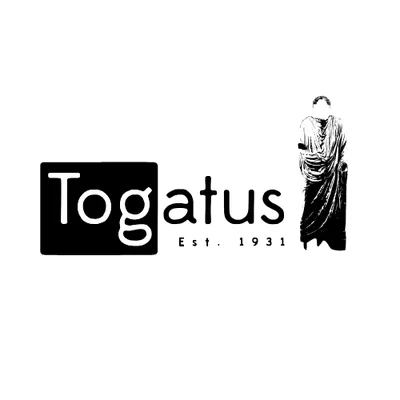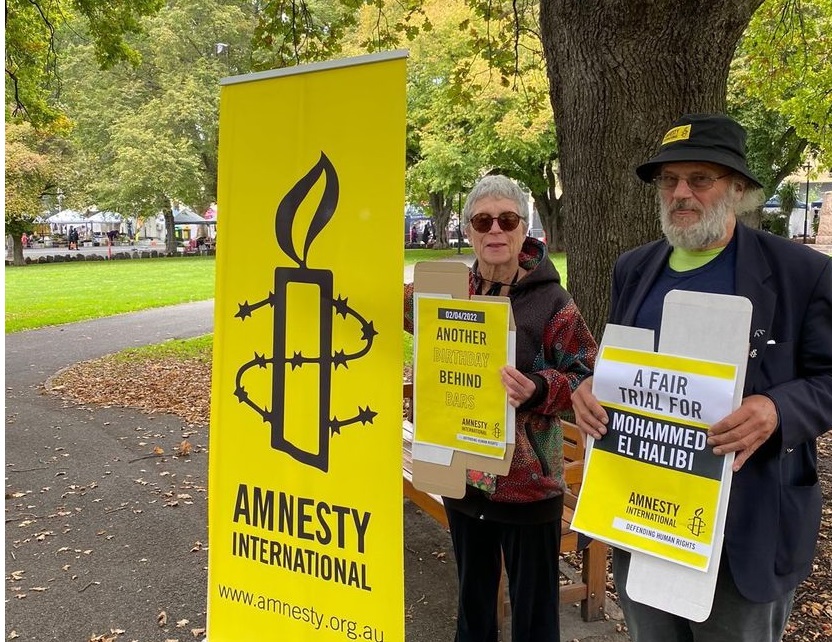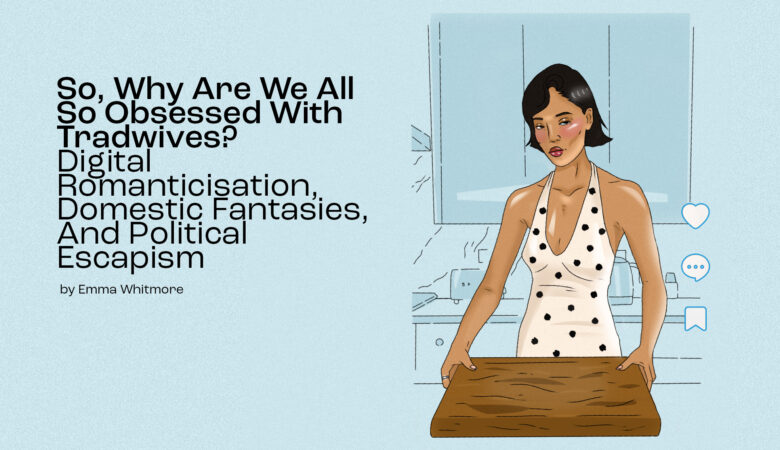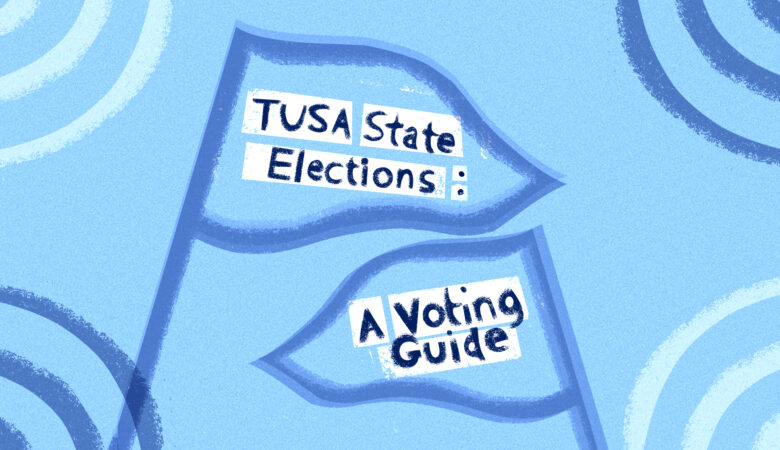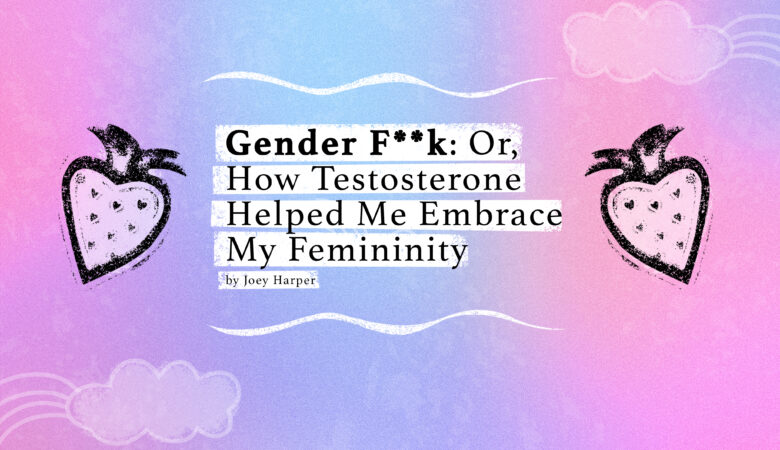On Saturday the 2nd of April, a small group of protestors attended a vigil on nipaluna/Hobart’s Parliament Lawns to commemorate the birthday of Palestinian aid worker Mohammed el-Halabi. This was just one of many events held across Australian capital cities by Amnesty International and the Australia Palestine Advocacy Network.
But who is the former World Vision Manager and why has his 6-year imprisonment by the Israeli government caused global outcry?
A father of five, el-Halabi worked for the US based relief agency in Gaza for ten years. He assisted in building resilience in Palestinian communities by overseeing development programs, supporting children traumatised by the war, and working to secure the livelihoods of Palestinian fishers and farmers. El-Halabi was known by his co-workers for his eternal optimism and immense popularity with children.
El-Halabi’s work resisting Israeli occupation was a deeply personal one. Born in Gaza’s Jabalia UNRWA refugee camp, el-Halabi’s childhood was marred by the realities of Israeli apartheid and oppression. As an adult, his village was invaded shortly after the second Intifada, killing dozens and destroying countless homes. While later working at World Vision, eight of Halabi’s family members were murdered by the Israeli government when they were buried under rubble after their house was targeted for demolition without prior warning.
In 2014, el-Halabi was recognised for his outstanding achievements at World Vision, with the United Nations naming him as a humanitarian hero.
Two years later in June of 2016, el-Halabi was arrested by Israel’s internal security force Shin Bet while crossing the border into Gaza. The aid worker was held for two weeks without a lawyer nor given reason for his arrest, with family members denied knowledge of his whereabouts. El-Halabi has gone onto allege that he was beaten by interrogators during this time, behaviour which the UN has claimed ‘may amount to torture’. When charges were finally laid – a whopping two months after his intial capture– Israeli security officials accused el-Halabi of funnelling almost $50 million over seven years in aid money to Hamas.
Israel’s claim however, is demonstrably false.
The amount of money el-Halabi was alleged to have funnelled to Hamas each year far exceeds World Vision’s annual budget in Gaza. Israel’s other claim – that el-Halabi redirected tonnes of ‘dual use’ iron to Hamas agents through the Kerem Shalom crossing is similarly fraudulent. The NGO has never used the Kerem Shalom crossing nor has it ever imported iron into Gaza.
As was expected by all those who knew him, el-Halabi was completely exonerated by World Vision’s externally outsourced audit. These findings were supported by the Australian government’s own independent investigation.
The case of Mohammed el-Halabi is but just one example of Israel’s practice of administrative detention being used to withhold Palestinians indefinitely. It allows the Israeli military to detain prisoners without charges or the opportunity to stand trial, justified on the basis of ‘secret information’ which is unable to be accessed by the detainee nor his lawyer. While administrative detention has been used by the occupation government since 1967’s Six Day War, the practice has observed an uptick since the second Intifada. As of 2017, there are thought to be 449 Palestinian men being held in detention without charges nor a trial. Nine of these are members of the Palestinian Legislative Council.
Six years on and el-Halabi’s imprisonment has inspired global outrage. Finally given a trial after mounting international attention, Israel’s judicial system has been no help in providing justice for el-Halabi, with the UN expressing serious concerns about its fairness. Indeed, in a highly irregular turn, Israel has kept all supposed evidence against el-Halabi secret. The court has also disallowed UN observers or members of the public from observing judicial proceedings.
Tellingly, the occupation government has offered el-Halabi his freedom in exchange for a plea deal. He has refused to confess to the fictitious charges.
Mohammed el-Halabi’s ongoing imprisonment is a horrifying example of how anti-Palestinian discrimination is intrinsic to Israel’s political institutions at every level. Opposition to the apartheid state through international solidarity is an important tool to not only freeing el-Halabi, but all Palestinians from the cruelty of colonial rule.
